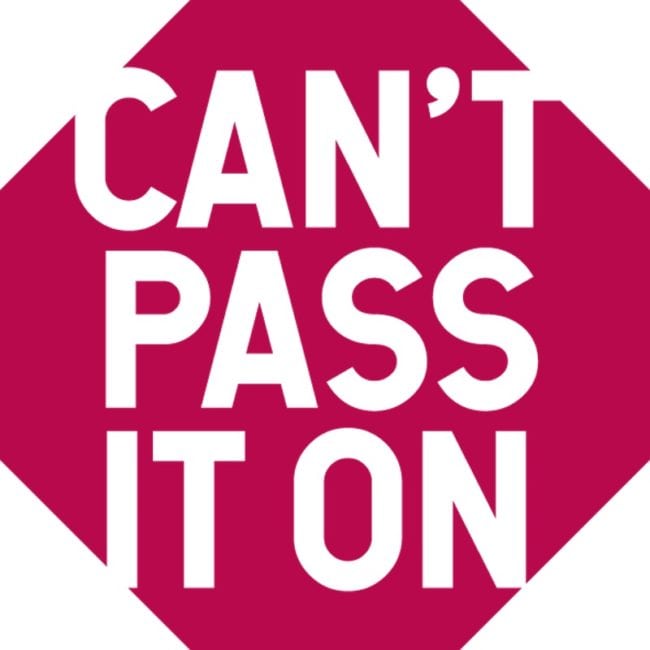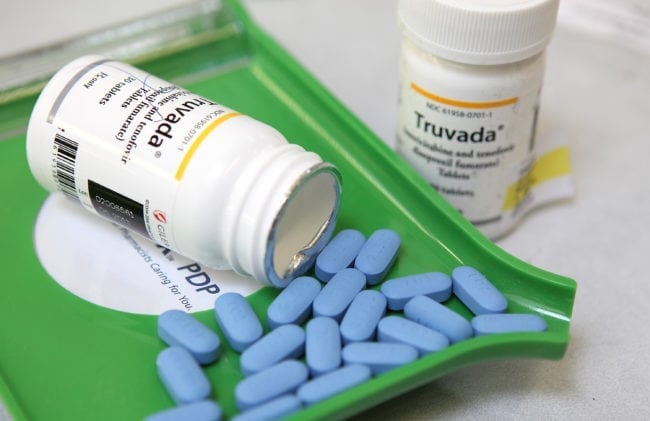Nearly one third of gay people ‘swipe left’ on HIV-positive dating app users

Three in 10 lesbian, gay and bisexual (LGB) people ‘swipe left’ to reject people who are HIV-positive but on effective treatment, according to new data.
The latest research – carried out by YouGov for sexual health charity Terrence Higgins Trust – also revealed that more than half (51 percent) of LGB respondents do not believe that people living with HIV on effective medication can’t pass it on.
The statistics showed that about a further quarter (24 percent) of LGB people ‘don’t know’ which way they would swipe on a dating app for a HIV-positive user, who is on effective treatment.
On many dating apps – like Tinder and Grindr – users can swipe left to reject another person, or swipe right to indicate that they like them.
Some dating apps, like Grindr and Hornet, allow users to state their HIV status, including if they are having treatment and when their last test date for the virus was.
The charity said the new data “reveals a shocking level of stigma steeped in a severe lack of understanding of HIV transmission.”
The YouGov data did not include a question to identify those respondents who are transgender, reflecting the national census, which currently does not include trans people.
It’s estimated that there are around 101,200 people living with HIV in the UK.

Terrence Higgins Trust’s ‘Can’t Pass It On’ campaign. (Terrence Higgins Trust)
Today, HIV can be effectively treated to reduce the viral load in the blood to undetectable levels, meaning that it cannot be passed on – regardless of using a condom or not – and does not damage the immune system.
Just one in five of respondents said they would feel comfortable having unprotected sex with an HIV-positive person on effective treatment.
HIV also can’t be passed on by kissing, even if the affected person is not being treated.
Some 69 percent of LGB respondents said they would feel comfortable kissing someone living with HIV on effective treatment.
Ian Green, chief executive at Terrence Higgins Trust, said: “It’s truly devastating to hear that so many wouldn’t swipe right for or even kiss someone living with HIV who’s on effective treatment.
“We’ve known for three decades that HIV can’t be passed on through day-to-day contact and that includes kissing.”

Today, antiretroviral drugs like Truvada are used to treat people with HIV. (Justin Sullivan/Getty)
Green added: “It’s so important to get this message out to as many people as possible. We hear on a near daily basis how out of date beliefs about how HIV is passed on are negatively affecting the lives and mental health of people HIV, and it urgently needs to change.
“Amazing medical progress has been made, but knowledge of HIV quite clearly hasn’t kept up with that progress.”
Drugs like Pre-exposure prophylaxis (PrEP) can also be taken to reduce the risk of getting HIV.
According to the World Health Organisation, about 35 million people have died from HIV worldwide – and more than 36 million people were living with HIV at the end of 2016.
Sadiq, a circus performer from London who is living with HIV and on effective treatment, said: “I find the information that I can’t pass HIV on is always met with surprise.
“Knowing I can’t pass it on opens up a world where I’m OK to be HIV positive and still have relationships, without the virus being a barrier.”
To find out more about HIV transmission, visit: www.tht.org.uk/cantpassiton

